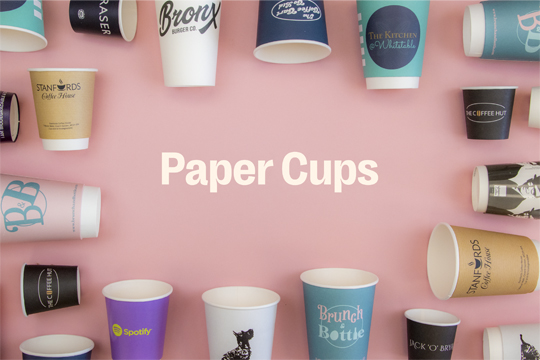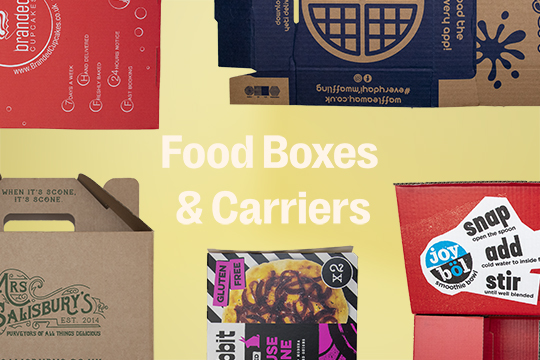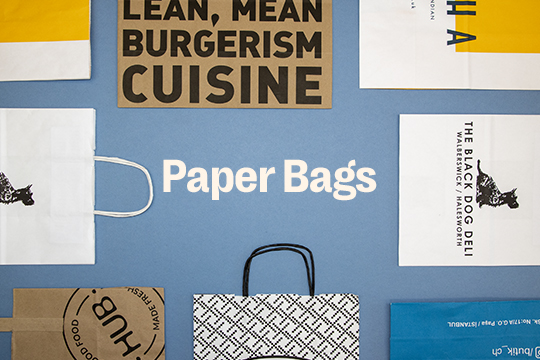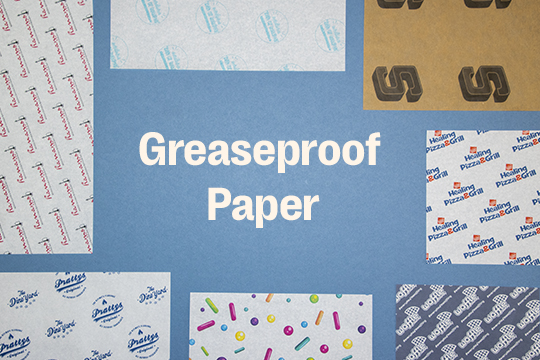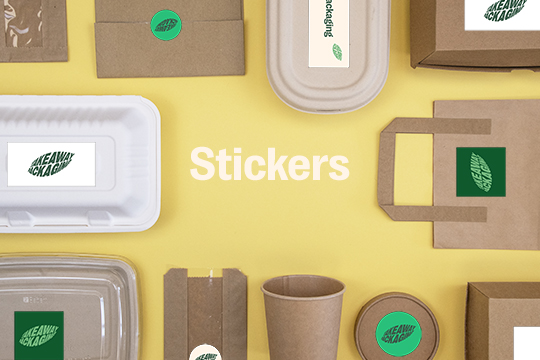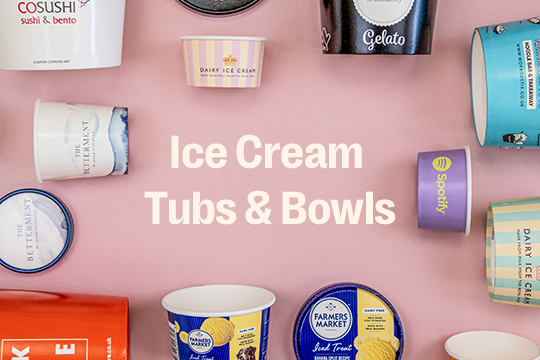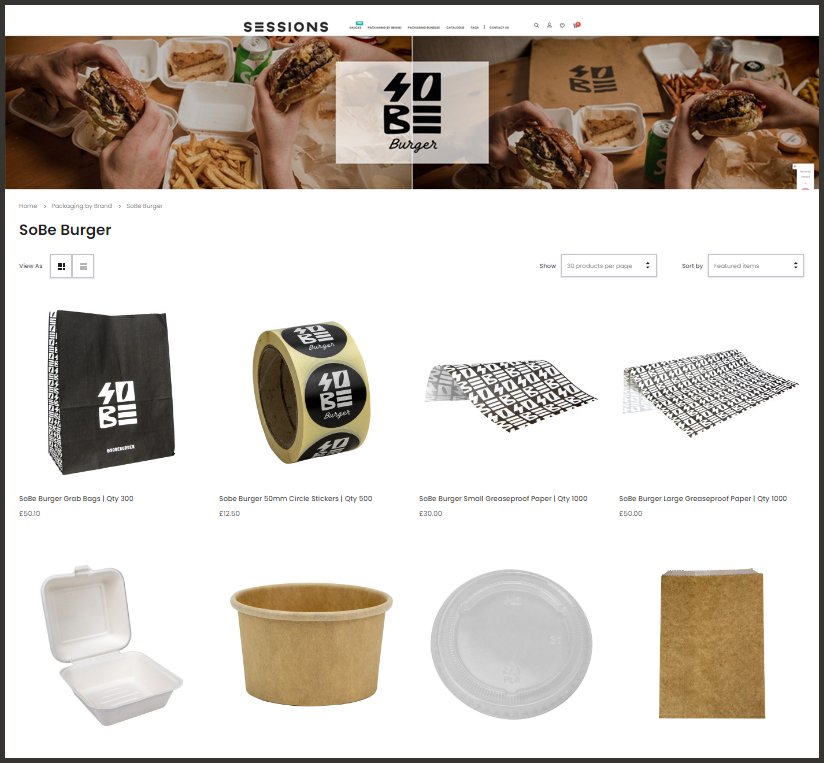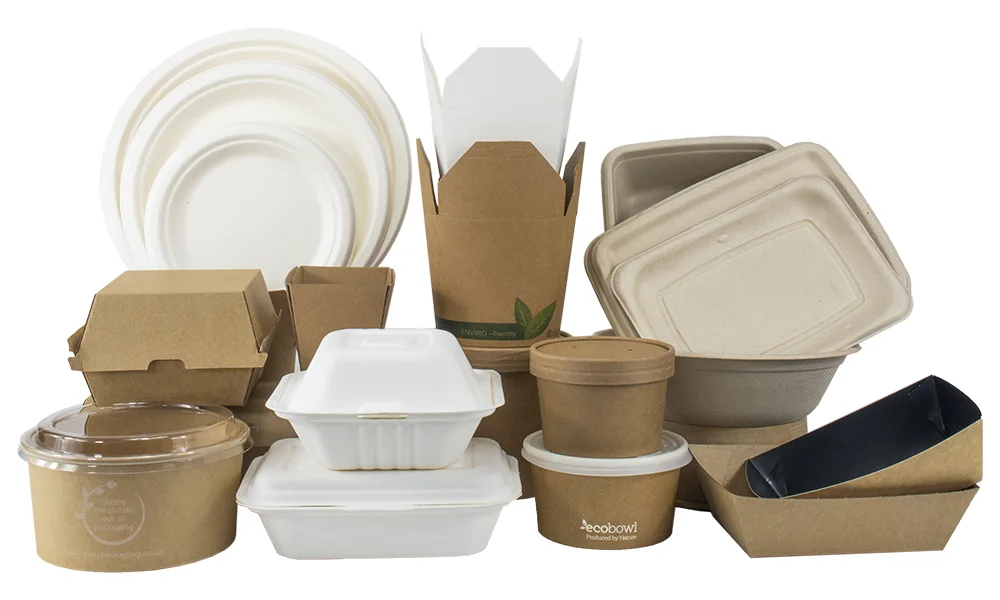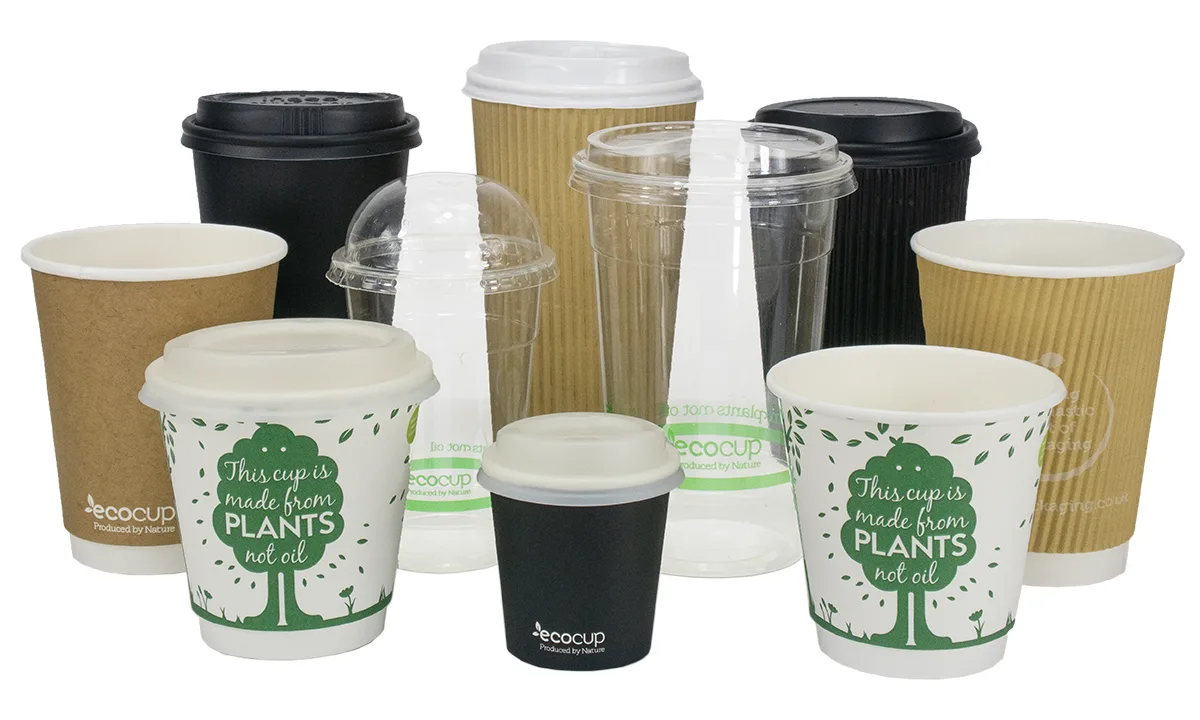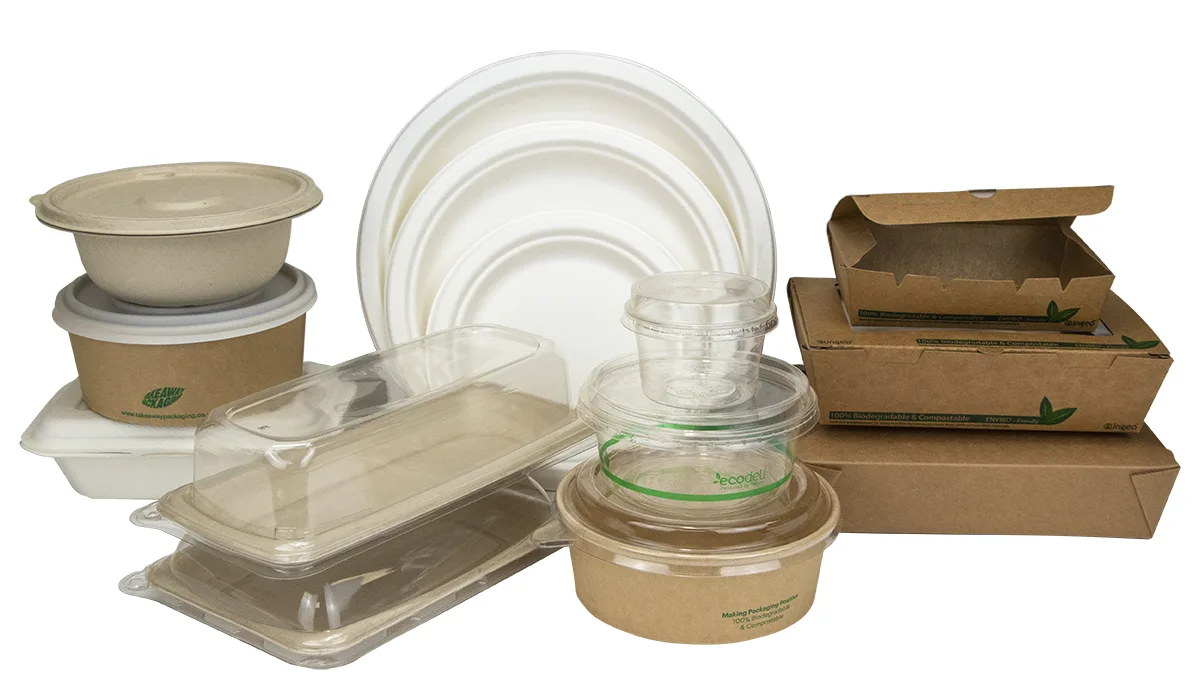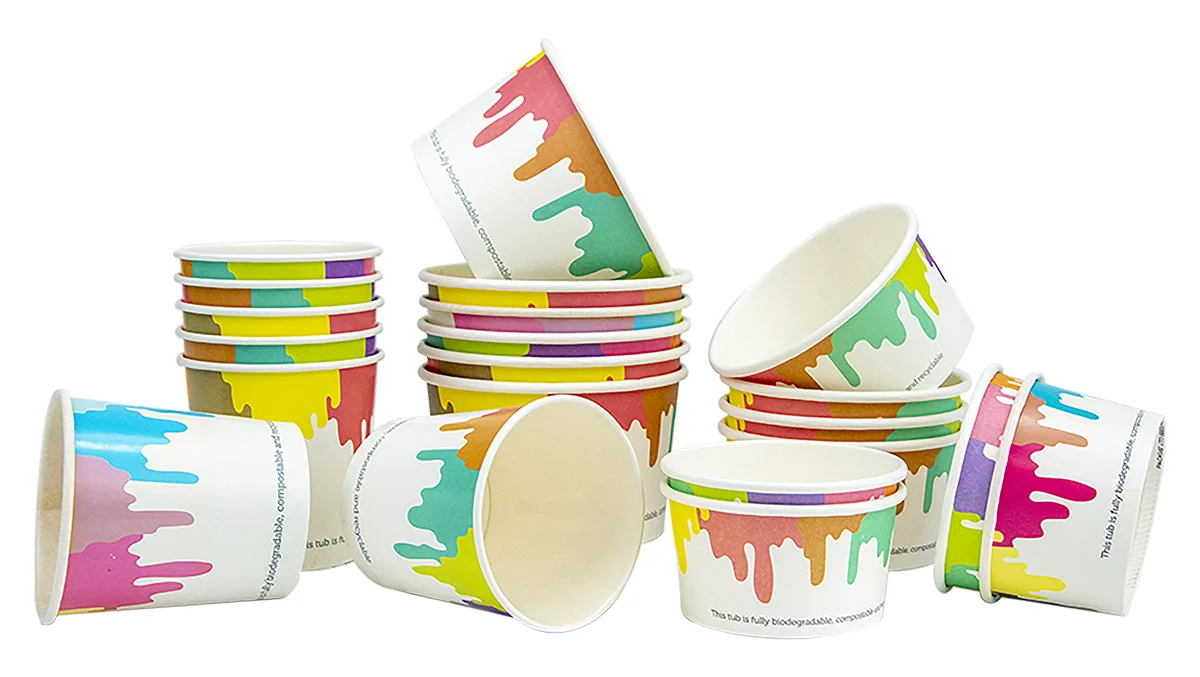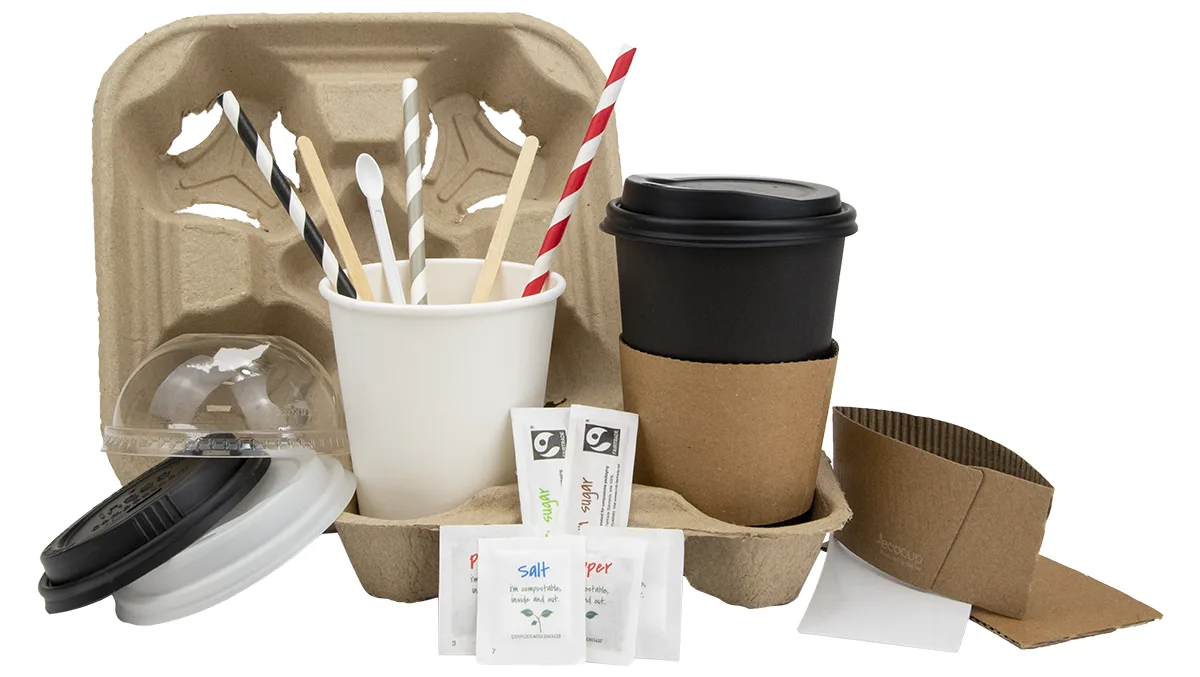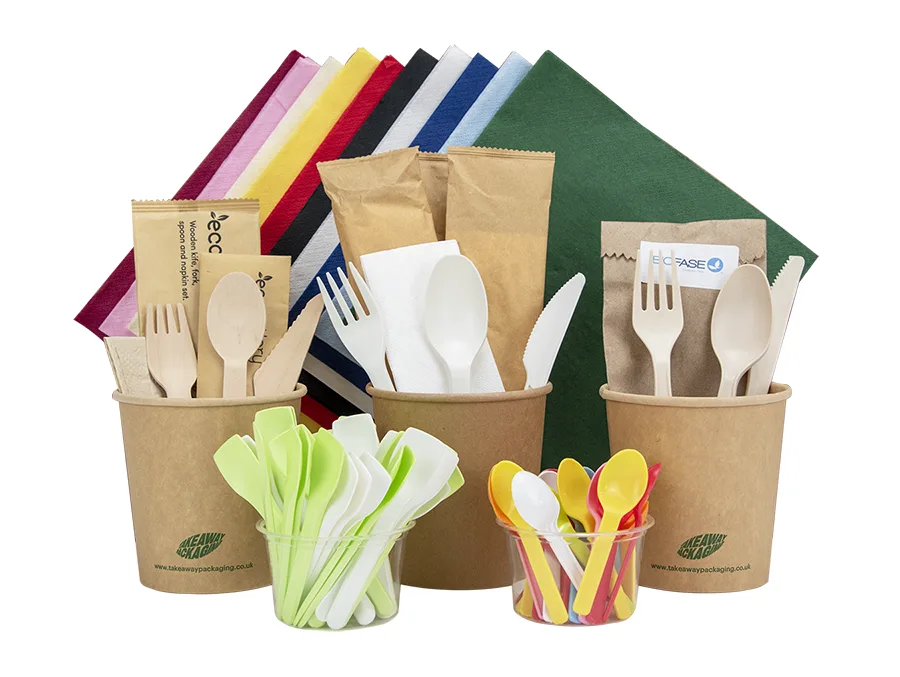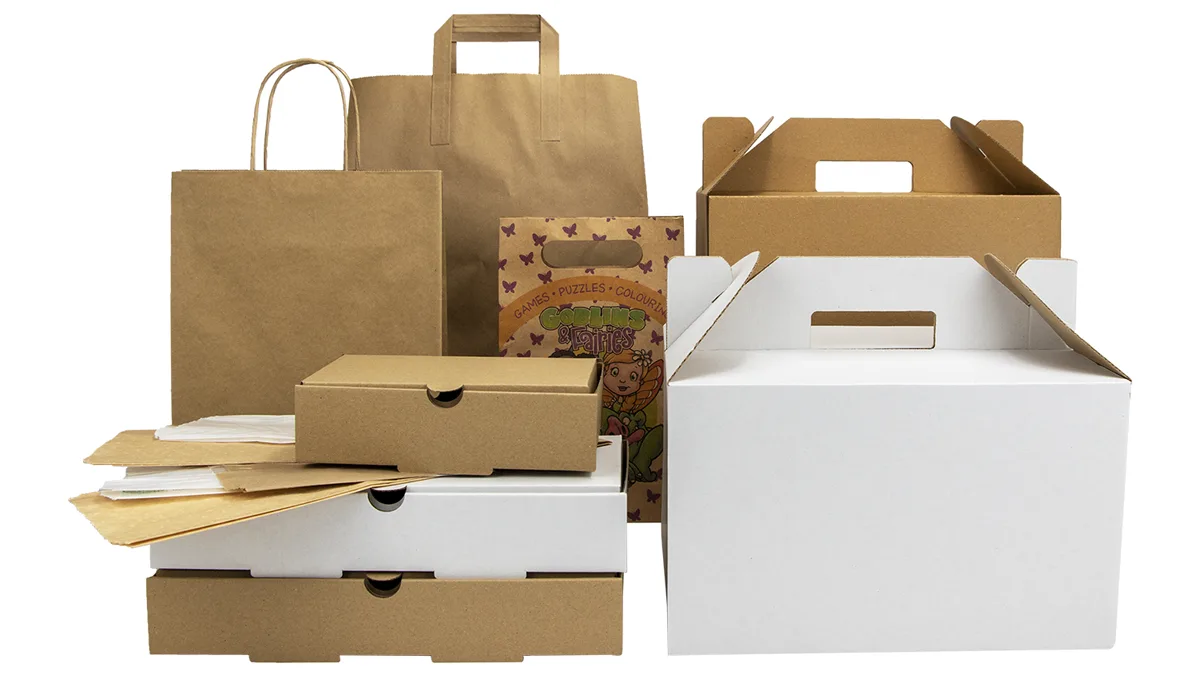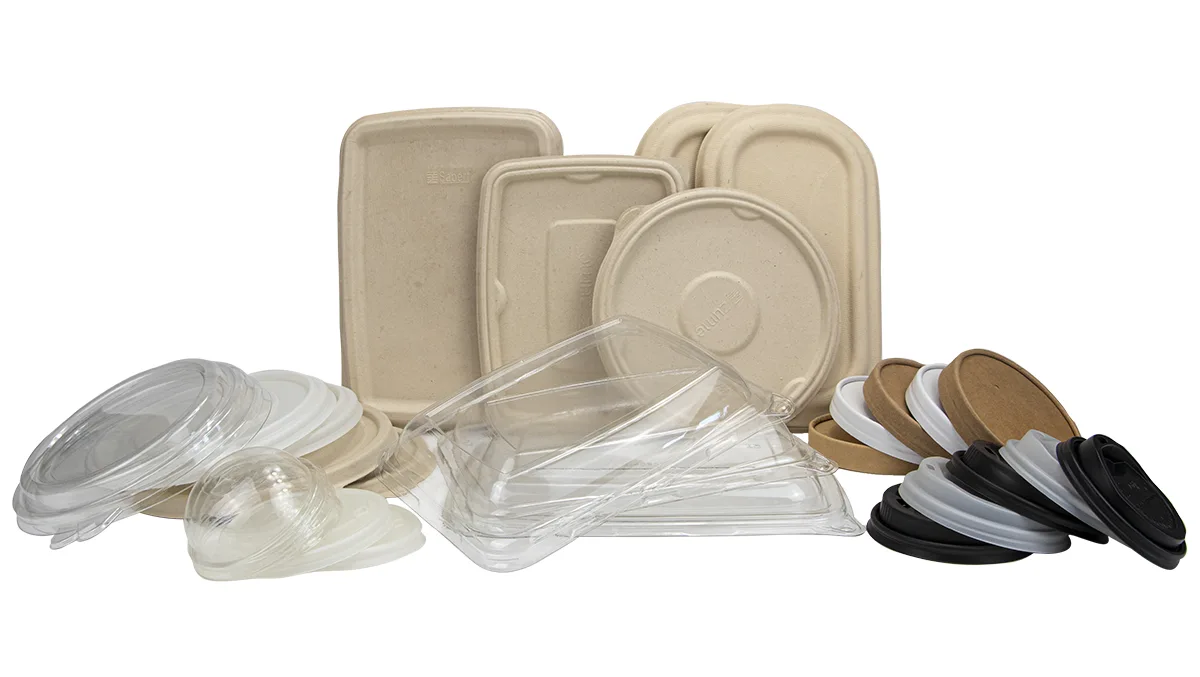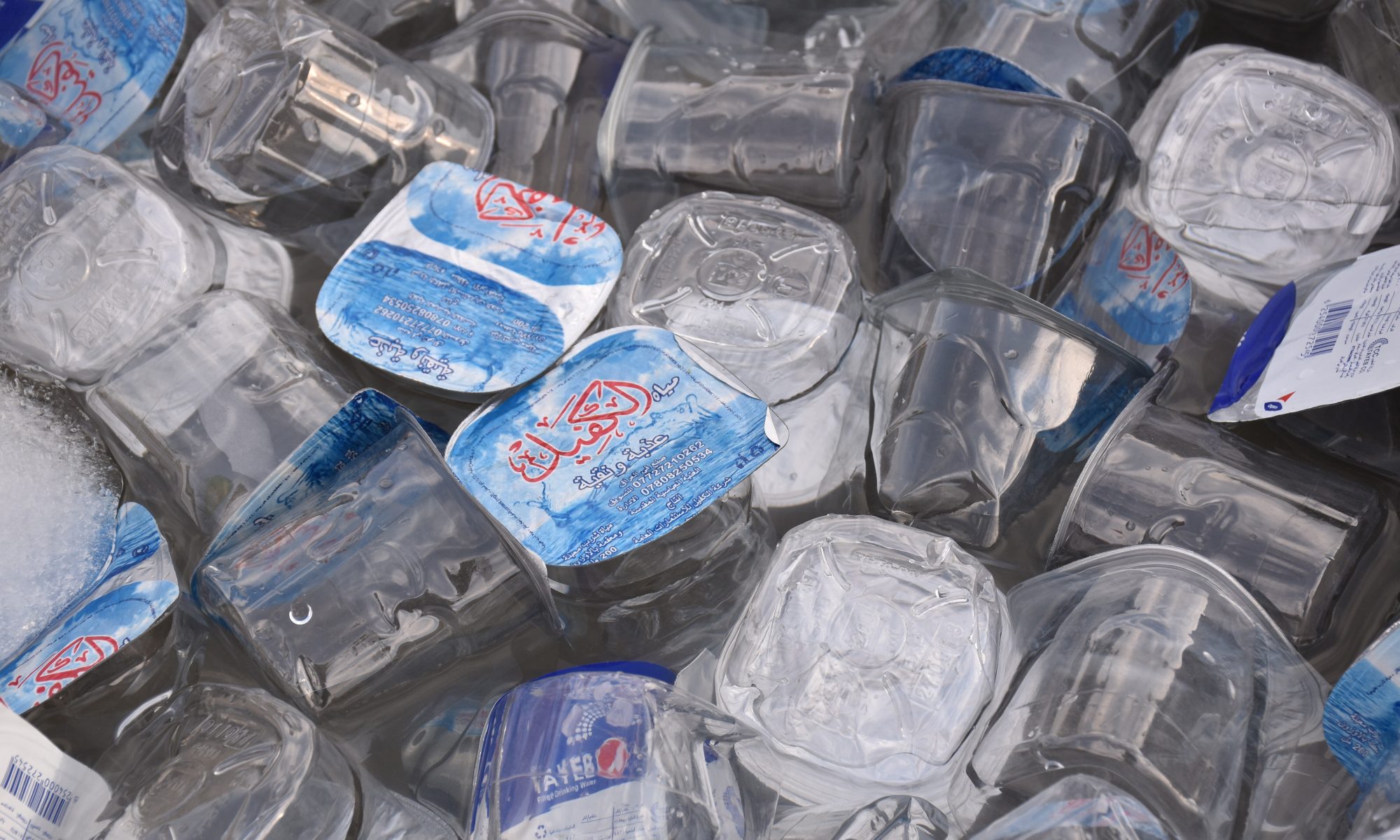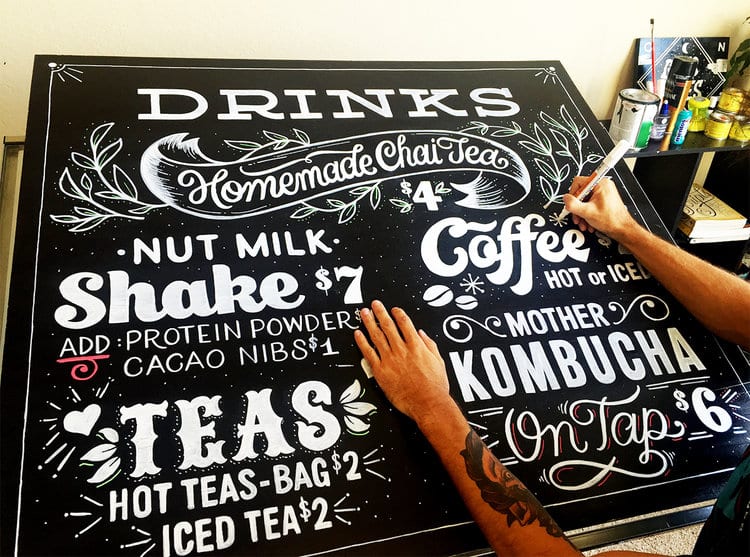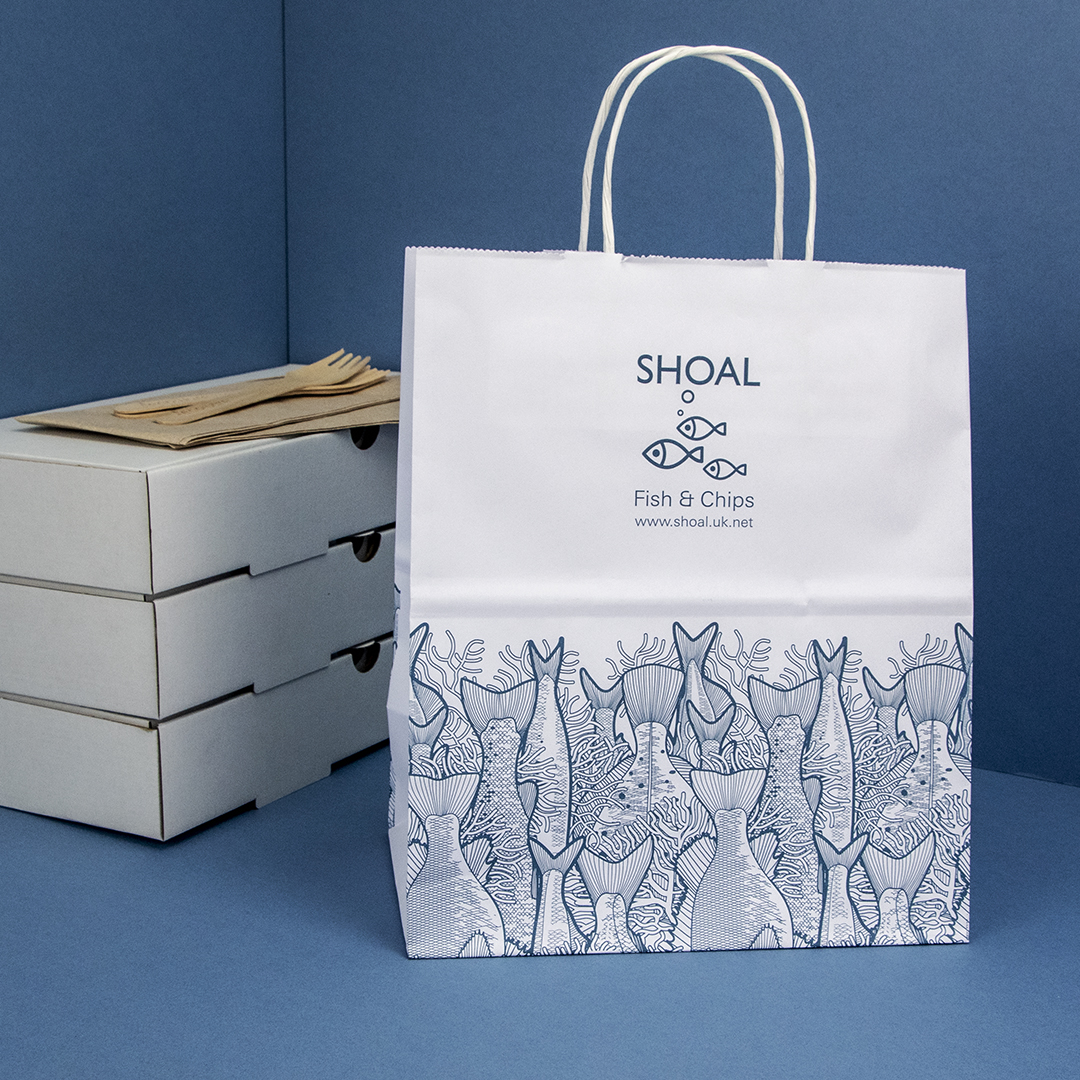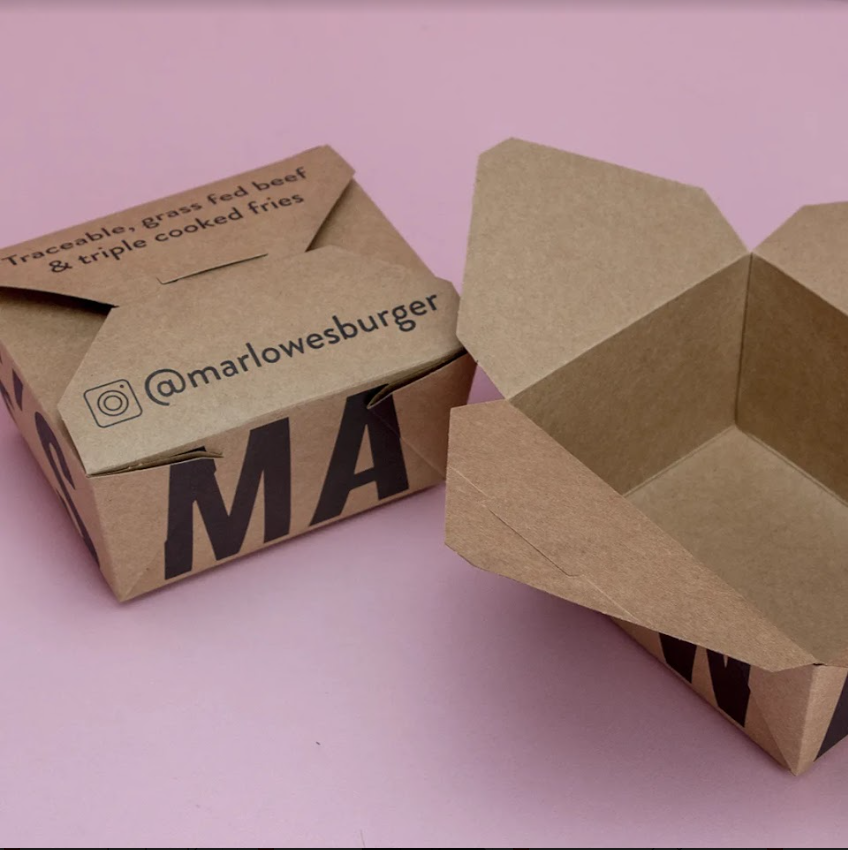Plastic bags cause havoc on the environment, but they’re not the only culprit. All single-use plastics pose a threat; here’s why we shouldn’t be using them and what alternatives are available.
You might think that the war on plastic bags is over — at least in the UK. The 5p charge was made a legal requirement for all single-use carrier bags back in 2015 (with only a few exceptions to the rule).
The government introduced this law to reduce single-plastic use and clean up our littered streets. But, in reality, has this done enough to raise our awareness about the detrimental effect that plastic has on the environment? We don’t think so.
Every person in the UK is still using an equivalent of 19 bags per year. And while figures have dropped since the law came into effect, we still haven’t managed to abolish their use completely. This is only the beginning of the battle to curb our excessive consumption of plastic waste. Members of Parliament are currently debating a proposed plastic tax for single-use plastics offered by businesses. This similar attempt at minimising carbon impact will force customers to face the plastic levy charge. The taxation will be for items such as coffee cups and takeaway packaging.
But have we got the approach all wrong? Since the original plastic bag charge hasn’t produced the right results, there is even talk of doubling the cost to 10p. Does adding a nominal charge to the problem only impact frugal buyers? And how should we fix this? Here’s why we should not use plastic bags anymore, at all — even with a charge attached.
Avoid Plastics and Save the Earth
In short, we would be better off avoiding plastics altogether to save the earth. It’s a pretty admirable cause, right? Take a look at this infographic by Project Aware, which shares some scary statistics about plastic consumption and the sad state of our oceans.
Plastic bags; plastic bottles; plastic containers — they all add to the very real problem that has been created through human activity. Investment in better education on the topic is vital. Eliminating single-use plastics will reduce litter not only in the environment we live in, but also in the marine environment. And this is a big deal. Oceans cover over three-quarters of Earth’s entire surface and account for 97% of habitable space.
How to Live a Life without Plastic
If you’re feeling compelled to save the planet — and we hope that you are — we can help. Eliminating single-use plastics is all down to changing behaviour that is often habitual. Psychology Today suggests that breaking a habit requires following a five-step process. To make your desire to quit using plastic that bit stronger, we’ve reduced those steps down to three.
Here are three steps to living a life completely without plastic:
1. Decide you want to live a life without plastic and gain some insight. Researching the topic and familiarising yourself with some key facts is often enough to keep yourself mindful about the problem. You don’t have to be an expert on the issue, but you could read some key texts by Friends of the Earth, The BBC and The Guardian so that you understand the scope and severity of the matter.
2. Set a reasonable goal. Nobody expects you to become plastic-free overnight. It can be hard to eliminate plastic when it is so commonly distributed by businesses. We understand this and vow to make the options for consumers easier by converting takeaway providers to our sustainable range of packaging. To start with, we suggest simply tracking your consumption of single-use plastics and challenging yourself to decrease it each week. You can do this in line with Brita’s current campaign, called #SwapForGood, which was delivered by socially responsible bloggers to connect with the Millennial generation.
3. Give yourself some additional support. Part of the challenge is to stay organised. Purchasing items such as a canvas tote bag can give you a huge helping hand in your journey. Most people might have the right intention when they nip to the shop, but simply forget to pack a bag for their items. Give yourself all the additional support you need so that you won’t fall at the first hurdle.
Discover our current clients, including Nandos and Bella Italia, who have switched to sustainable food packaging, so that you don’t have to feel guilty about your plastic consumption.


